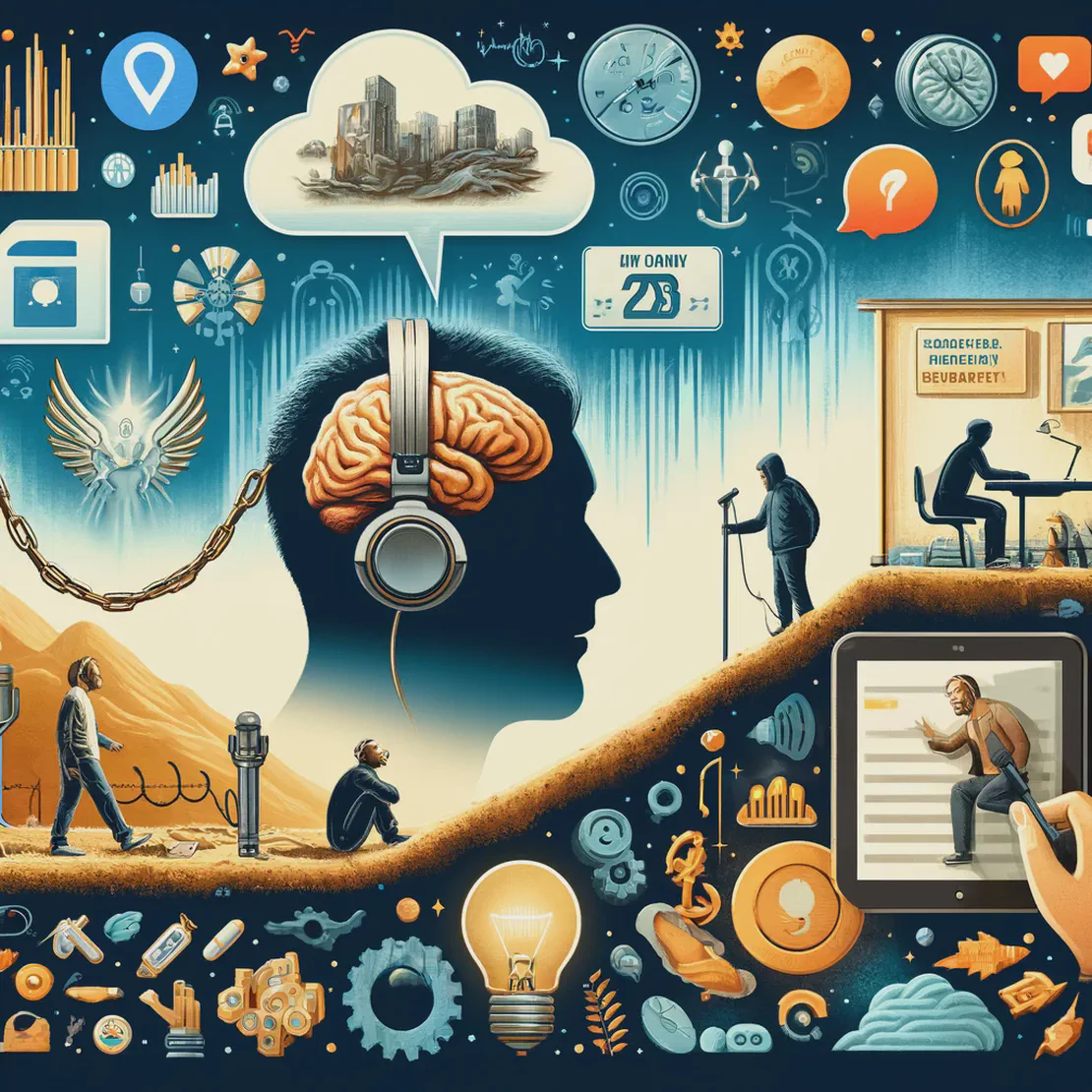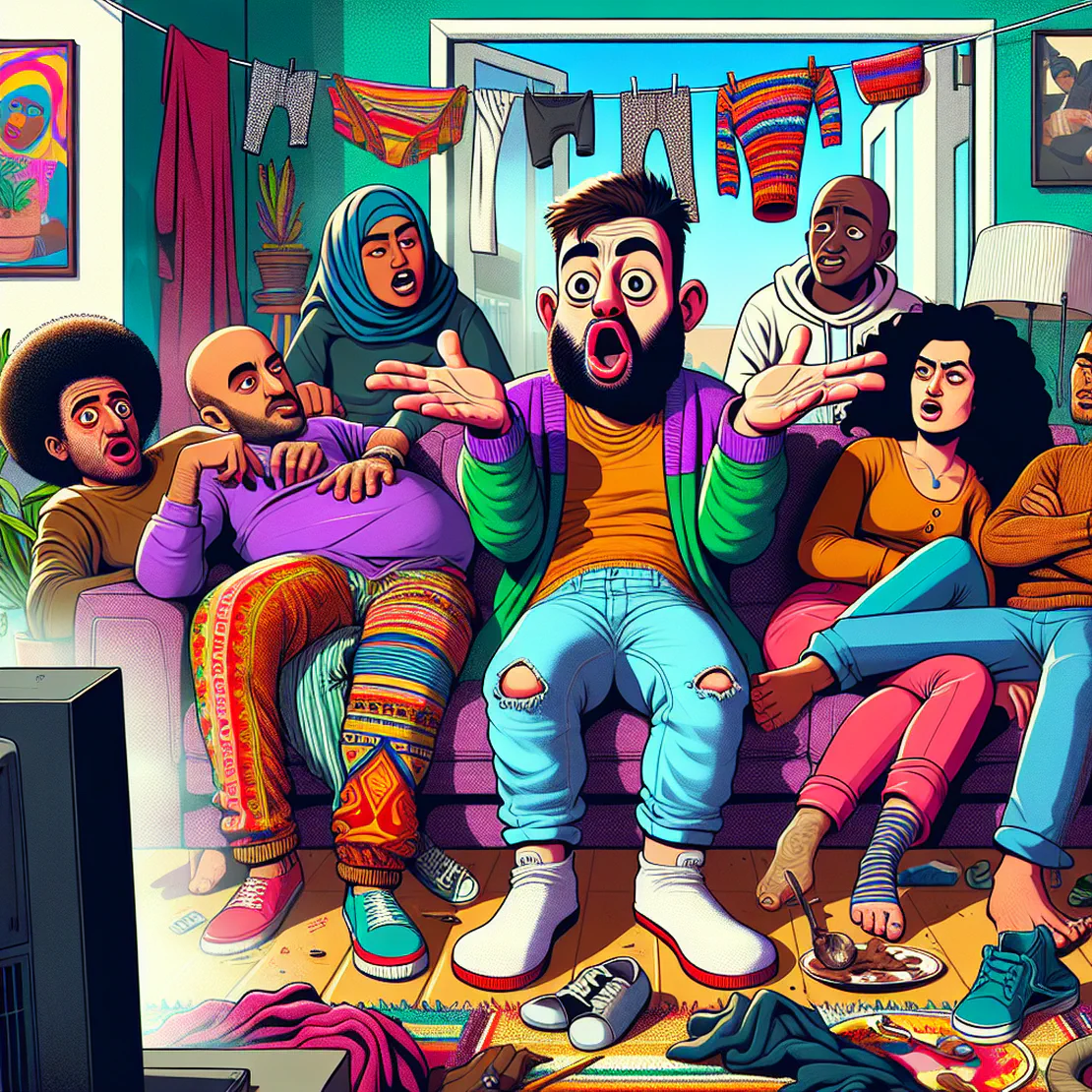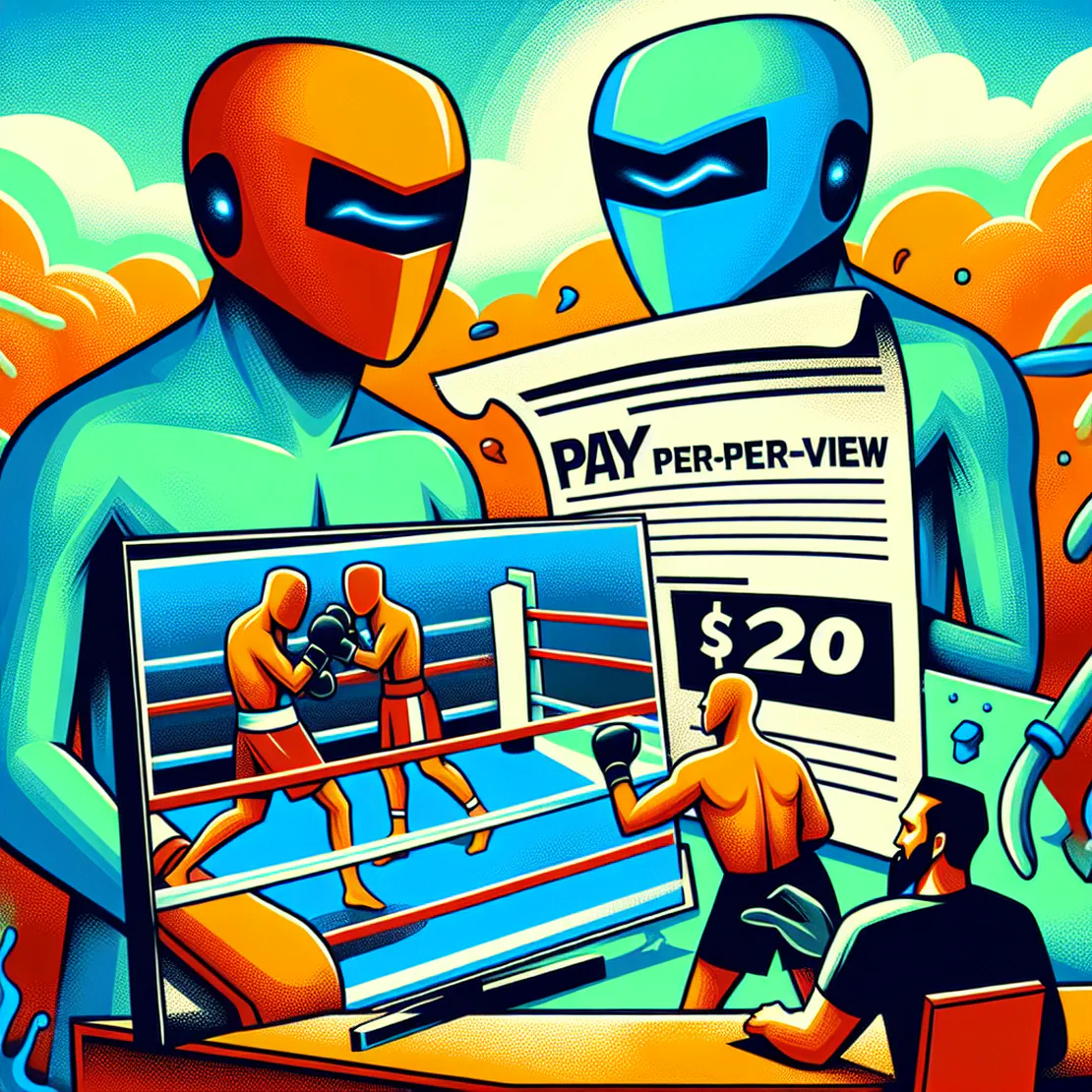
#2039 - Michael Easter
- The Joe Rogan Experience
- Health
- September 26, 2023
Table of Contents
At a Glance
-
Ancient Human Discoveries - “It looks like they sawed these bones to get the marrow out. Now, a lot of these bones that they’ve dated are 10,000 plus years old”. This discussion about discoveries at the Boneyard in Alaska, indicating that early humans might have been using tools much earlier than previously thought, challenges existing timelines of human technological development.
-
Human Exploration and Curiosity - “We are a species that never stops exploring. We want to know, what is that? What’s over there? I want to find out. Massive curiosity”. Highlighting the innate human drive to explore, which has led from ancient migrations to modern space exploration, this quote underscores how curiosity has shaped human evolution and achievements.
-
Impact of Modern Technology on Exploration - “Now when we have this sort of information itch, we scratch it through a screen. Which, on one hand, that’s great because we can get information quickly. On the other hand, it’s so easy to access”. This reflects on how technology has changed the way humans seek information, making it more accessible but potentially overwhelming and less meaningful.
-
Flat Earth Conspiracy - “At some point in every talk, I had this run of like 30 talks, where at the Q&A someone would always ask me if the world is flat”. The persistence of flat earth questions even to an astronaut signifies the challenges in combating misinformation and highlights the curiosity and skepticism present in modern society.
-
Human Behavior and Gambling - “So the reason that these things are so entrancing to people, it tracks back to this behavior loop that I call the scarcity loop. And this is basically a loop, looping behavior that when people do it, they tend to get hooked on it very easy”. This insight into why people get addicted to gambling draws parallels to evolutionary survival mechanisms, explaining modern addictive behaviors through ancient human traits.
What to Do
-
Avoid Being Negative to Others - Being mean and negative to others, whether in person or online, affects you negatively and is not healthy. Rather focus on the overall good in yourself and others to create positive exchanges.
-
Learn from Different Perspectives - Interacting with people who are different from you can open up your ego and provide valuable lessons. This includes being fair to criticism while it is important to criticize things that need it, try to be fair and aim for a net positive.
-
Understand the Need for Love and Connection - Most people want to be loved and not feel alone, and understanding this can help improve your interactions with others.
-
Recognize the Rationality in Addiction - Understand that people with addictions often make rational decisions to use substances as a short-term solution to their problems, even though it creates long-term issues. Instead find healthy ways to cope.
-
Pursue Excellence Wisely - While striving for excellence and being the best is admirable, be mindful of the physical and mental toll it can take on your body and well-being.
What to Get
-* “Scarcity Brain”* - Michael Easter https://amzn.to/3VIqPMe
-
Chef’s Knives - Chef’s knives are mentioned as an example of a positive creation that people use and appreciate in their daily lives. https://amzn.to/3RsfGg2
-
AirPods - The speaker mentions that people might be listening to the podcast on their AirPods while doing other tasks, indicating the use of wireless earbuds for multitasking. https://amzn.to/45ohxbm
-
Wine - The speaker discusses drinking wine, particularly during meals like eating a steak, and how the taste and quality of the wine are perceived.
-
Protein - The document highlights the importance of getting the best protein available, particularly in the context of the diet of people living on Lanai, where they consume venison from the overpopulated deer on the island. https://amzn.to/3xiXUF5
- Sugar - It is noted that the diet of a certain tribe includes sugar, which contrasts with many modern diets that often restrict sugar intake. https://amzn.to/3Xq5B78
-
Chocolate - The tribe’s diet also includes chocolate, another element that is often limited in popular diets. https://amzn.to/4bXPCl6
-
Red Meat - The tribe consumes red meat, which is a source of various nutrients including iron and Vitamin B12.
-
Fish - Fish is part of their diet, providing essential omega-3 fatty acids and other nutrients.
- White Rice - White rice is mentioned as part of their diet, which is a source of carbohydrates and some vitamins and minerals. https://amzn.to/4bYfOfx
-
White Potatoes - The tribe eats white potatoes, which are rich in potassium and Vitamin C. https://amzn.to/3VIE0gc
-
Corn - Corn is also part of their diet, providing fiber and various vitamins and minerals. https://amzn.to/3Vohd80
Summary
In this engaging conversation, Joe and Michael Easter delve into a variety of thought-provoking topics, starting with Michael’s insights on addiction and persistence. Michael shares his personal journey of overcoming a cycle of negative behavior and thinking, emphasizing that addiction can be seen as persistence against negative consequences. He explains how this persistence, when redirected, can lead to long-term benefits, such as his experience with writing books, which involves a lot of frustrating and tedious work but ultimately results in positive outcomes. This part of the conversation highlights Michael’s belief that overcoming addiction can make a person unstoppable if they channel their persistence into productive endeavors.
The conversation then shifts to Michael’s new book, “Scarcity Brain,” and his experience recording the audiobook himself. Joe expresses his appreciation for authors who read their own audiobooks, as it adds a personal touch and authenticity to the narration. Michael agrees, noting that although the process was tedious, it was worth it in the end. They also discuss Michael’s presence on social media and his Substack newsletter, “2%,” where he writes about topics similar to those covered in their conversation. This segment underscores Michael’s dedication to sharing his knowledge and experiences with a broader audience.
Michael also touches on the topic of homelessness and addiction, particularly in cities like San Francisco and Portland, where incentives may inadvertently perpetuate the problem. He explains that addiction is a significant issue, often driven by an inability to get enough of something, whether it’s drugs, alcohol, or even success. Michael’s observations provide a nuanced perspective on the complexities of addiction and the societal factors that contribute to it. This part of the conversation adds depth to the discussion, highlighting Michael’s expertise and thoughtful analysis of contemporary issues.
Overall, this conversation is a rich tapestry of personal anecdotes, reflections on human behavior, and insights into the modern information landscape. Michael’s candid sharing of his experiences and thoughts provides a compelling narrative that encourages listeners to think deeply about their own interactions and the impact they have on the world.


